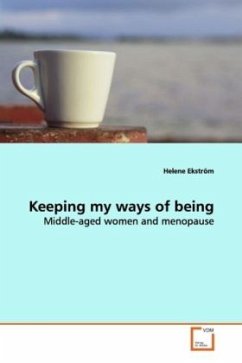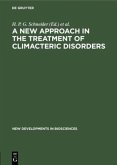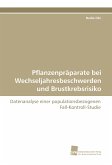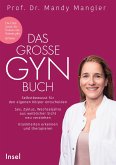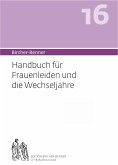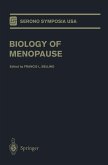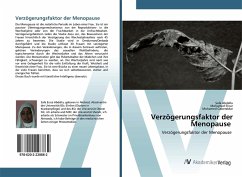To deepen the understanding of menopause and its
role in women's lives was the general aim of this
thesis. Between 1995 and 2003, all women in two
Swedish primary health care districts received a
postal questionnaire, when they were 45, 50, 55 or
60. A total of 1681 women responded. Twenty-four
women were given research interviews. The effect of
menopause on qualit of life (QoL) and number of
symptoms were generally small, vasomotor symptoms
being the only exception. Older women were more
satified in these respects than younger women. Women
with experience of hormone therapy (HT) reported
lower QoL and more symptoms than women who never
used HT.A grounded theory of interviews and open-
ended questions revealed that the women dealt with
uncertainties during menopause with the process:
Keeping my ways of being. In this process the women
were perceived as acively involved subjects. The
intensity of the process and the use of its three
stages: Preserving, Limiting and Reappraising, were
considered dependent upon the important Personal
calculation process, in which the women used their
individual explanatory beliefs and evaluations of
need.
role in women's lives was the general aim of this
thesis. Between 1995 and 2003, all women in two
Swedish primary health care districts received a
postal questionnaire, when they were 45, 50, 55 or
60. A total of 1681 women responded. Twenty-four
women were given research interviews. The effect of
menopause on qualit of life (QoL) and number of
symptoms were generally small, vasomotor symptoms
being the only exception. Older women were more
satified in these respects than younger women. Women
with experience of hormone therapy (HT) reported
lower QoL and more symptoms than women who never
used HT.A grounded theory of interviews and open-
ended questions revealed that the women dealt with
uncertainties during menopause with the process:
Keeping my ways of being. In this process the women
were perceived as acively involved subjects. The
intensity of the process and the use of its three
stages: Preserving, Limiting and Reappraising, were
considered dependent upon the important Personal
calculation process, in which the women used their
individual explanatory beliefs and evaluations of
need.

